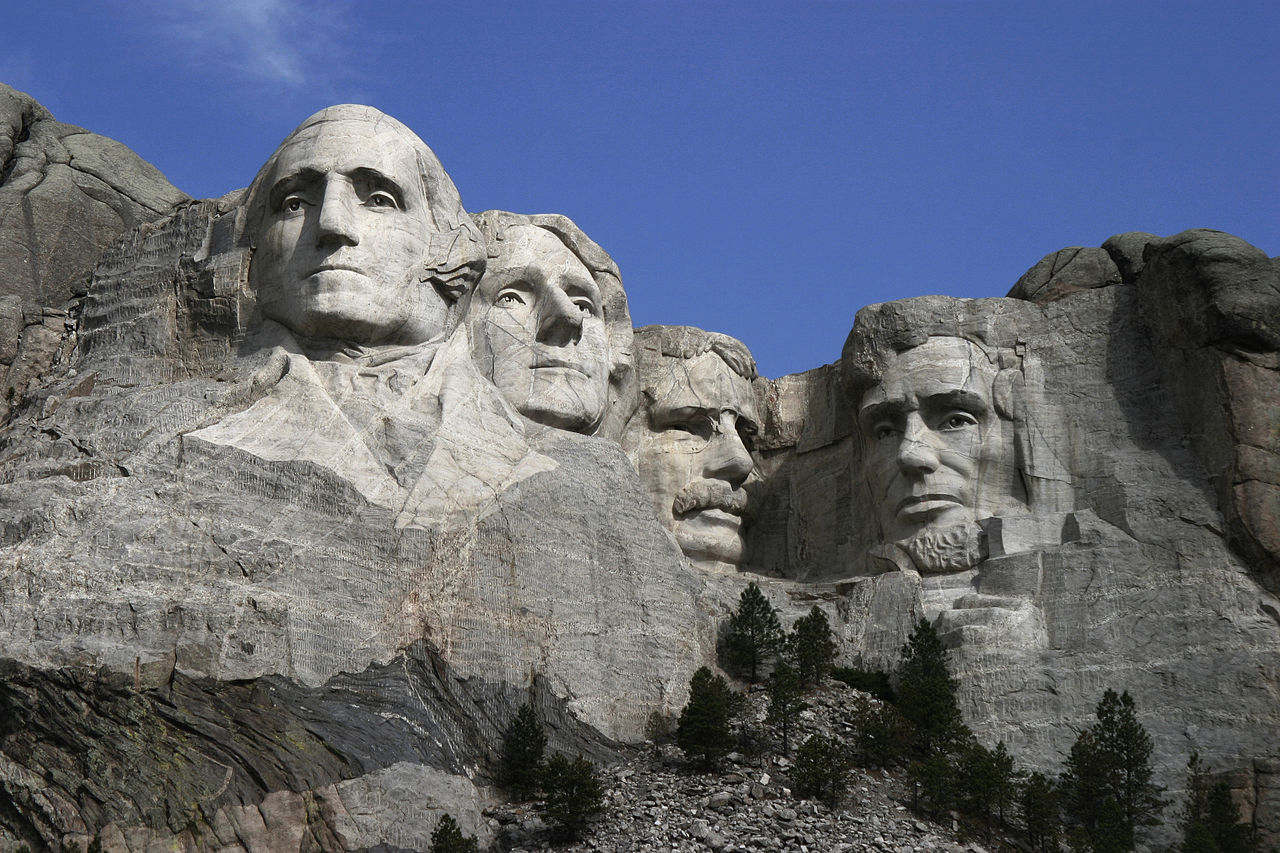Teddy Roosevelt offered a one-two punch of "good government" at home, and a robust foreign policy. Not all Presidents are good at either domestic or foreign policy; few are good at both.
Though from a rich family, he authored the "Square Deal", domestically for the common man. Roosevelt was a great conservationist and arguably the father of the environmental movement ("Teddy" bears are named after him). He was characterized as a "trust buster", preventing large corporations from establishing a stranglehold on the American economy. He was also a consumer protectionist who established the Food and Drug Administration after the publication of Upton Sinclair's "The Jungle" about unsafe meat packing practices.
In foreign policy, Roosevelt was noted for his quote "speak softly, and carry a big stick". The "naturalist" started the building of the Panama Canal, after acquiring the Canal Zone from Panama, whose independence he won from Colombia, in effect, "connecting" the east and west coasts of the United States.
If George Washington made America a "power," Roosevelt was the first to transform the country into a "Great Power." He put America on the map by negotiating a peace between Russia and Japan in 1905 (and becoming the first American President to win the Nobel Peace Prize). He prevented a war between Germany and France over Morocco in 1906, delaying World War I by almost a decade. (If he had been President in 1914, he would have greatly shortened World War I by immediately intervening on the Allied side, sparing the world part of a great tragedy). He also sent the Great White Fleet around the world, starting in Asia, then Europe, thereby discouraging Japanese aggression against America for a generation.
Teddy Roosevelt's accomplishments aren't as dramatic as those of Washington, Lincoln, Wilson, or the other Roosevelt because there was no war to win during his tenure. But that's just the point; Teddy Roosevelt deserves credit for delaying a whole bunch of wars. Certainly, Roosevelt was a standout compared to most of the Presidents, Republican or otherwise, in the 50 years or so immediately following Lincoln.
